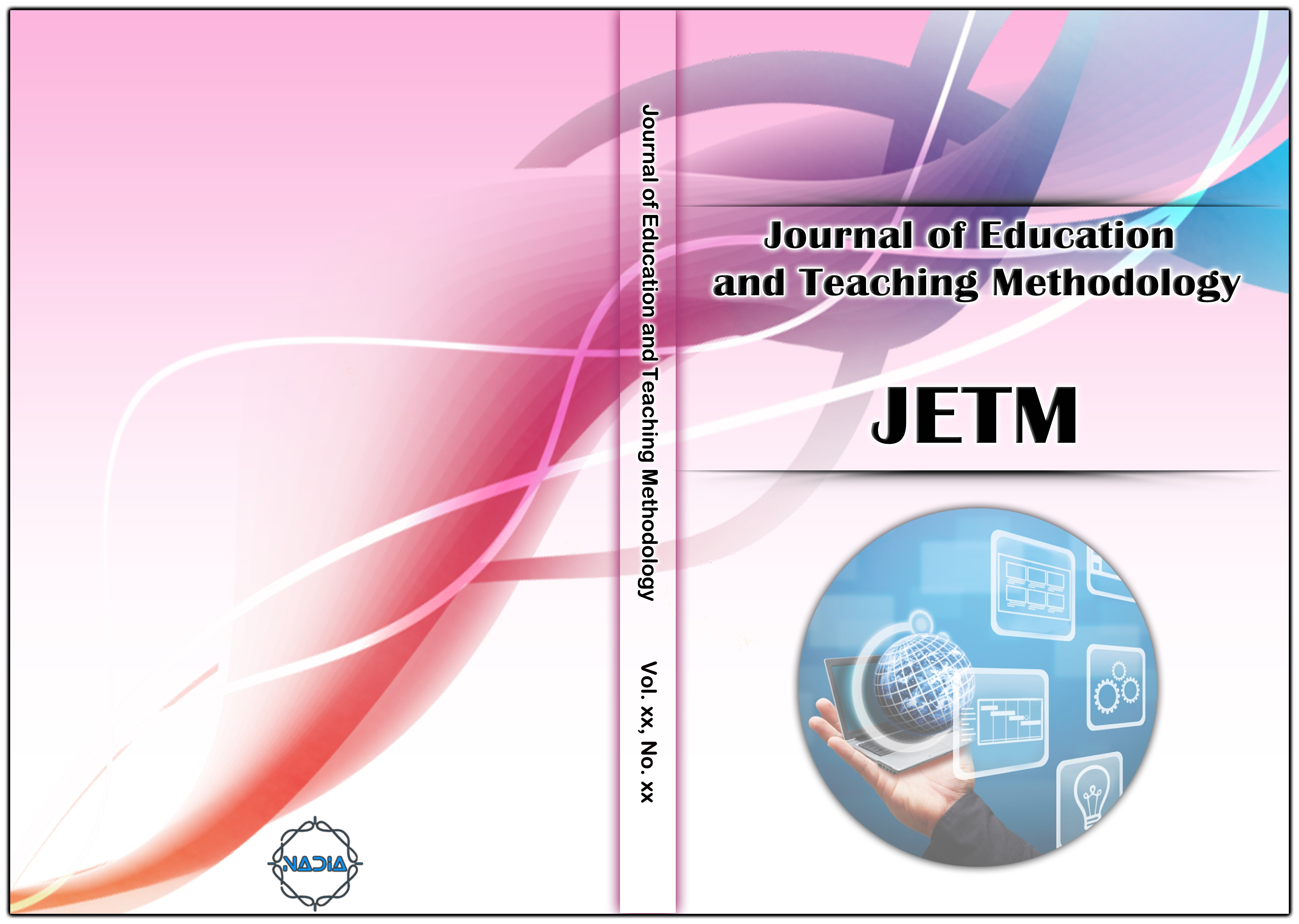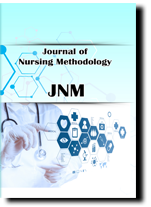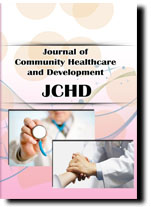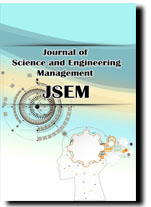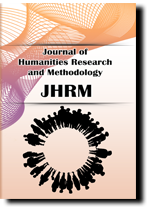[1] Astin, A., “What Matters in College: Four Critical Years Revisited, University of California, Los Angeles”, (1993), [online] Available at: https://www.researchgate.net/publication/242362064.
[2] Atkinson, D., “Contemporary Art and 5 Art in Education: The New, Emancipation and Truth”, NSEAD/Blackwell Publishing Ltd, (2012).
[3] Banks James A., Banks Cherry A. McGee, “Multicultural Education-Issues and Perspectives", (2019), [online] Available at: https://books.google.gr/books?hl=el&lr=&id=ceGyDwAAQBAJ&oi=fnd&pg=PP17&dq=multicultural+education+pdf&ots=
TtDA3FfwtG&sig=TESzFrSBlku7eeQia1u9vGih1oc&redir_esc=y#v=onepage&q=multicultural%20education%20pdf&f=false
[4] Bates, M., “The connection between culture and education, Montessori Mad Men”, (2018), [online] Available at: http://montessorimadmen.com/the-connection-between-culture-and-education/
[5] Collie, R.J., & Martin, A.J., “Teachers’ adaptability and its importance for teachers’ and students’ outcomes. In The Association of Independent Schools of New South Wales (Ed.)", (2016), The link (pp. 1–2). Sydney, Australia: Association of Independent Schools.
[6] Craft, S.W., “The Impact of Extracurricular Activities on Student Achievement at the High School Level, (2012), University of Southern Mississippi.
[7] Dewey J., Art as experience, Capricorn Books, New York, 1958.
[8] Deaton, C., “Teachers’ reflections on effectively managing their classroom: a discussion of how two experienced science teachers examined their classroom management practices, Reflective Practice, 14:2 (2013), 240-257, DOI: 10.1080/14623943.2012.749229.
[9] Franchi V.E. & Molli A., “Teaching and implementing classroom observations in France and Italy: a preliminary review, Infant Observation, 15:3 (2012), 281-296, DOI: 10.1080/13698036.2012.726512.
[10] Harvard Graduate School of Education - TEP, Available at: Teacher Education Program | Harvard Graduate School of Education.
[11] Hemmeter, M. L., Hardy, J. K., Schnitz, A., Adams, J. M., & Kinder, K. A. “Effects of training and coaching with performance feedback on teachers’ use of Pyramid Model practices. Topics in Early Childhood Special Education, 35(3 (2015), 144–156.
[12] Howey, K.R. & Wideen M., "Teacher Education, International Encyclopedia of the Social & Behavioral Sciences, (2001) [online] Available at: https://www.sciencedirect.com/topics/social-sciences/teacher-education.
[13] Izadinia, M., “Pre-service teachers’ use of metaphors for mentoring relationships”, Journal of Education for Teaching, School of Education, Edith Cowan University, Perth, Australia, (2017) [online] Available at: http://dx.doi.org/10.1080/02607476.2017.1355085.
[14] Karlsen, G.E., “The Role of Governance in Teacher Education, International Encyclopedia of the Social & Behavioral Sciences, (2010) [online] Available at: https://www.sciencedirect.com/topics/social-sciences/teacher-education
[15] King, A.E., McQuarrie, F., A.E & Brigham, S. M., “Exploring the Relationship Between Student Success and Participation in Extracurricular Activities”, SCHOLE: A Journal of Leisure Studies and Recreation Education (2020), DOI: 10.1080/1937156X.2020.1760751.
[16] Kisidam, B. & Bowen D.,H., “New evidence of the benefits of arts education” (2019), [online] Available at: https://www.brookings.edu/blog/brown-center-chalkboard/2019/02/12/new-evidence-of-the-benefits-of-arts-education/.
[17] Lejonberg, E., & Tiplic, D. “Clear mentoring: Contributing to mentees’ professional selfconfidence and intention to stay in their job. Mentoring & Tutoring: Partnership in Learning”, 24(4), (2016), 290–305. doi:10.1080/13611267.2016.1252110.
[18] Lewis, R., Romi, S., & Roache, J., “Excluding students from classroom: Teacher techniques that promote student responsibility”. Teaching and Teacher Education, 28 (2012), 870–878.
[19] Mullen, C., “Mentoring: An overview. In S. J. Fletcher & C. A. Mullen (Eds.)”, The SAGE handbook of mentoring and coaching in education (pp. 7–23), (2012). London: SAGE.
[20] National Council for Accreditation of Teacher Education [NCATE]., “Transforming teacher education through clinical practice: A national strategy to prepare effective teachers. Report of the Blue Ribbon Panel on Clinical Preparation and Partnerships for Improved Student Learning.” (2010) Retrieved from http://www.ncate.org/LinkClick.aspx?fileticket=zzeiB1OoqPk%3D&tabid=7.
[21] Naziev, A., “What is an education?, International Conference- The Future of Education” (2017), [online] Available at: https://www.researchgate.net/publication/317545698_What_is_an_education .
[22] Reeves, D.,B., “The Learning Leader / The Extracurricular Advantage, Educational Leadership, 66(1), (2008), 86-87 [online] Available at: https://www.researchgate.net/publication/242115973_The_Learning_Leader_The_Extracurricular
_Advantage.
[23] Sanyal, C., “The effective mentor, mentee and mentoring relationship.” In D. A. Clutterbuck, F. K. Kochan, & L. Lunsford (Eds.), The SAGE handbook of mentoring (pp. 143–155), (2017). London: SAGE. doi:10.4135/9781526402011.n9.
[24] Stanford Graduate School of Education – TEP, Available at: STEP Secondary | Stanford Graduate School of Education.
[25] TEP – Athens University of Economics and Business, Available at: https://www.dept.aueb.gr/en/tep
